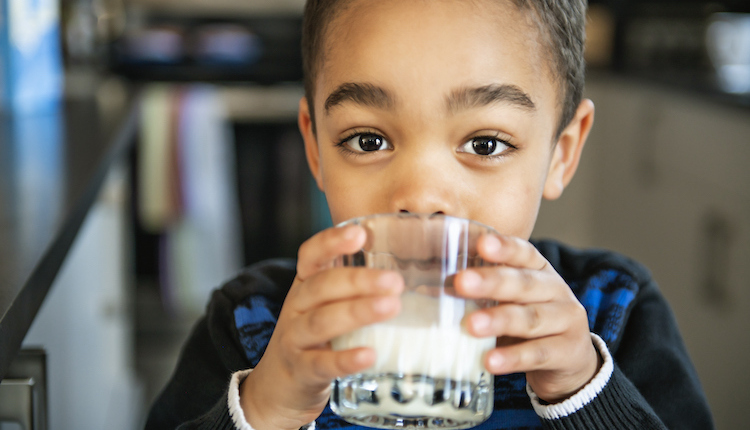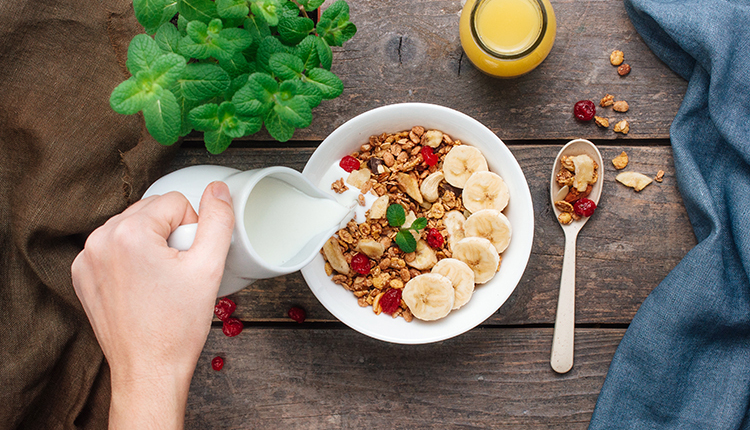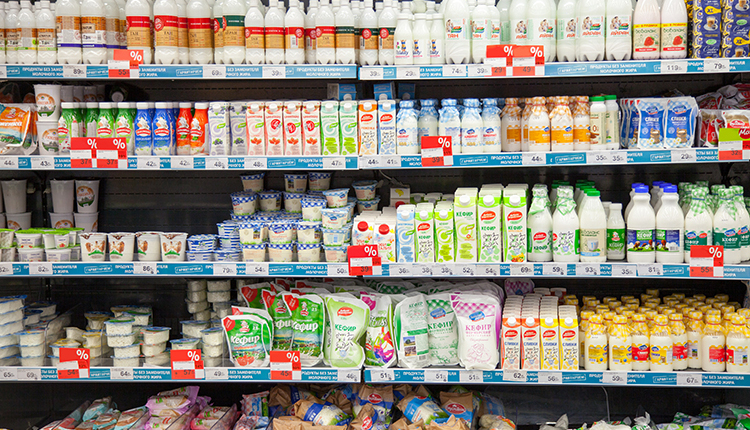
Congress is in its last days before members head home for their final campaign sprints. High on the agenda is agreeing on a new coronavirus response package, with the National Milk Producers Federation urging lawmakers to reach agreement on an overall package that will provide further support to dairy farmers. But where does dairy stand in how it could be helped by a future COVID-19 aid bill?
Another round of coronavirus assistance has been in the works since the House of Representatives, led by Democrats, passed its HEROES Act in May. Senate Republicans put forward their own proposal in August, referred to as the HEALS Act, followed by additional, narrower proposals. Republicans and Democrats have yet to find agreement on a relief package that could become law, with negotiations stalled over issues including coronavirus-specific unemployment benefits and state and local aid.
In agreement about agriculture
Even so, and with no imminent deal, the plans have some similarities in how they treat agriculture and dairy, which hasn’t been a source of major controversy. The HEROES Act gives USDA specific directives in its additional funding for USDA, including more direct payments based on second-quarter losses without limits to those payments: $500 million for a new direct dairy donation program; $500 million for a new recourse loan program for dairy processors; and enhancements related to the Dairy Margin Coverage program.
Each Senate proposal provides an additional $20 billion to USDA to support producers, but with less direction as to how the money should be spent. Bipartisan support for additional assistance for farmers in any future COVID response package is clear; the differences are mainly in the details.
The chambers disagree more in other food policy areas, most notably over nutrition assistance, though even on that front there is reason to hope for agreement. The HEROES Act would temporarily raise benefits under the Supplemental Nutrition Assistance Program (SNAP), also known as food stamps, to help food insecure families obtain food during the pandemic. It spends more than $14 billion for nutrition programs. Several key Senate Republicans have joined Democrats in advocating for additional COVID-specific nutrition program funding, which may make nutrition easier to resolve in a COVID bill than it has been in recent farm bills when intense disagreements ensued.
Wait and see
NMPF is hopeful that Congress will be able to reach a final agreement. The dairy economy is still reeling from COVID-related disruptions despite valuable support to dairy farmers through USDA’s Coronavirus Food Assistance Program (CFAP) and government dairy product purchases. Stable markets and U.S. food security is crucial for producers, their communities, and the nation.
NMPF is advocating for emergency disaster assistance for dairy farmers that reflects losses regardless of an operation’s size or structure; it’s also pushing for additional direct dairy product purchases for distribution to those in need, which supports communities and stabilizes prices. NMPF is also working with members of Congress who are championing a dairy donation program designed to maximize access to wholesome dairy products for individuals and families facing food insecurity.
There is no guarantee Congress will pass another broad coronavirus response package, especially as election dynamics make any agreement less certain. Still, Congress is consistently supporting farmers in its proposals; that should be reflected in any relief bill that becomes law.








